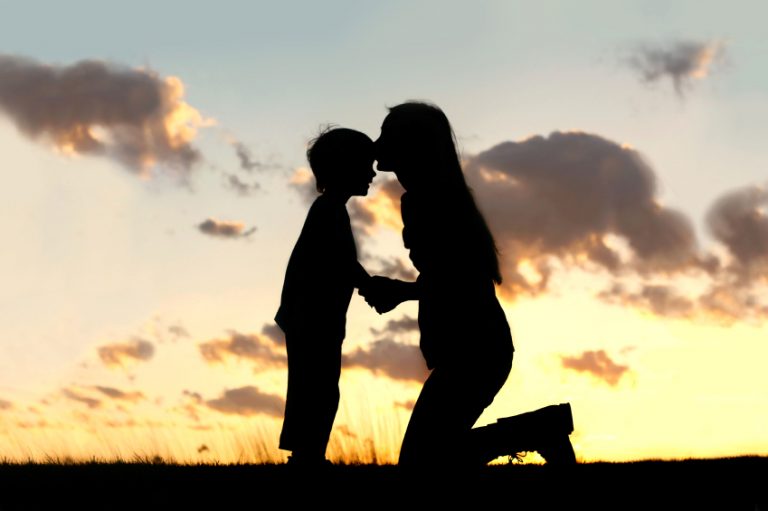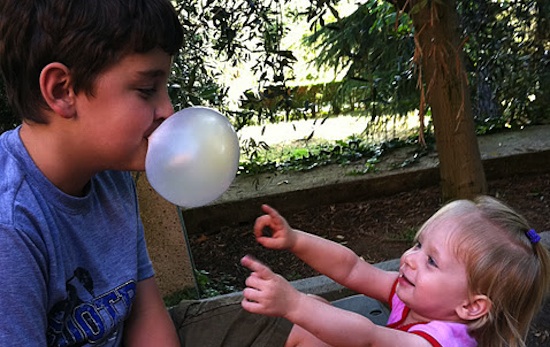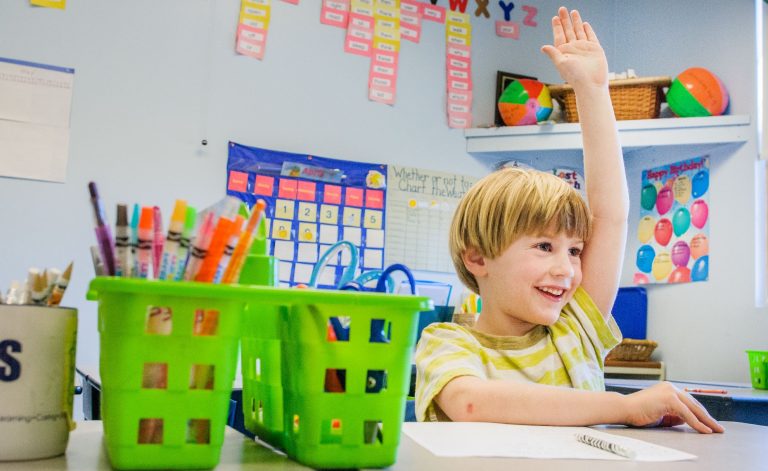A Trauma Primer: 6 Basic Steps to Help Kids’ Recovery
February 8, 2017
This past week, my kids and I stumbled into the middle of a very traumatic experience. The day ended with my daughter panicked, shaking, and bawling while I held her. As you can imagine, it was one of the worst days of my life as a parent. I had no idea how to handle her feelings and the potential emotional damage. I put in a call to a good friend who is a family therapist, and then followed up with the counselor at my daughter’s school. I will pass on the advice they provided (hopefully you will never have to use it!).
All Grief has Stages
As you likely know, the stages of grief include denial, anger, bargaining, depression, and acceptance. This process looks different for everyone, and isn’t linear: a child may skip from on stage to another and back again, or may seem fine at first, but react days or weeks later. In our case, one child was deeply affected while the other seems relatively okay.
Watch Sleep and Eating
A child’s patterns provide clues to her internal emotional state. If she can’t sleep, wakes up many times in the night, or only wants to sleep, this could indicate problems. The same is true of changed eating habits, like refusing food or over-eating.
Timing is Everything
You shouldn’t force it but the time is right, have a heart to heart talk with your child about what happened. Be careful about when you choose to have that discussion. Avoid transitional times of day, for example, on the way to school, just after school, or right before bed. Pick a peaceful place and an open-ended period of the day to talk to your child. Some kids are more likely to talk in the car, or on a walk in a quiet place.
Delay is Normal
My daughter and I usually talk about things easily, but in this case she didn’t want to discuss what happened. The counselor had this advice. “She might not know what to say or what she feels.” A child may appear normal and fully recovered, but one small incident will often trigger a reaction. Watch for such opportunities to process the incident with your child.
Expression Comes in Many Forms
Your child might not be able to communicate his emotions in world. Encourage other forms of expression like journaling, painting, working with clay, and story-telling.
Trust Your Gut But Not Your Fear
You know your children. Your gut will be the best indicator of what you should do and when you should do it. However, when I told my friend that my gut was telling me to let my daughter watch happy TV shows for the rest of her life and never discuss anything that might remind her of what happened, my friend wisely asked me, “Is that your gut talking or your fear?” She was right: I was afraid of stirring up emotions that I didn’t quite know how to handle.
Overall, my children appear to be doing well, thanks to the help of the experts and friends who offered advice and support. This should go without saying: if your child experiences a trauma, please don’t rely on my advice. Find a professional!







